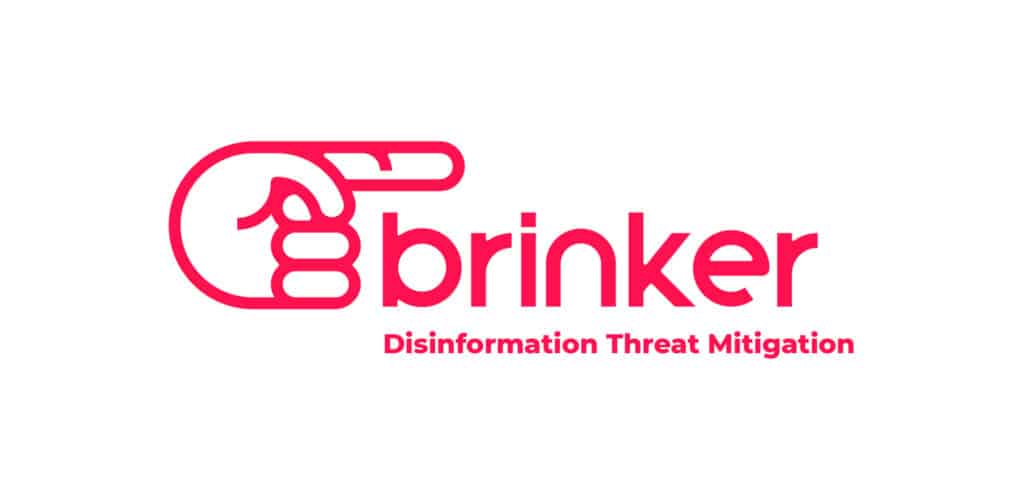In-brief: Facebook said on Wednesday that it was doubling the amount of its Internet Defense Prize, awarding $100,000 to a group of researchers from Georgia Tech for work on static type casting vulnerabilities.
Tag: Facebook
Update: Superfish is the Real End of SSL
In-brief: Outrage over Lenovo’s promotion of privacy busting adware continued to grow amid lawsuits and more spying revelations. The big question: is this the final – final straw for the beleaguered Secure Sockets Layer (SSL) technology? (Updated to add comment from Kevin Bocek of Venafi.)
At Summit, in search of Leadership on Cyber Security
In-brief: President Obama will address technology leaders at a Summit at Stanford University on Friday. But technology industry leaders say that much hinges on Washington’s ability to pass needed legal reforms.
In Smart TV Land, Eavesdropping is Nothing New
In-brief: Samsung isn’t alone in asking customers to consent to the collection and transmission of “voice data.” But questions about the ethics and legality of the practice remain.
Update: Facebook awards $50K Internet Defense Prize for Work on Securing Web Apps
Saying that research dollars for cyber security are disproportionately devoted to work on “offensive” techniques (like hacking), social media giant Facebook has awarded two researchers a $50,000 prize for their work on cyber defense. The company announced on Wednesday that Johannes Dahse and Thorsten Holz, both of Ruhr-Universität Bochum in Germany for their work on a method for making software less prone to being hacked. The two developed a method for detecting so-called “second-order” vulnerabilities in Web applications using automated static code analysis. Their paper (PDF here) was presented at the 23rd USENIX Security Symposium in San Diego. In a blog post announcing the prize, John Flyn, a security engineering manager at Facebook, said the Internet Defense Prize recognizes “superior quality research that combines a working prototype with significant contributions to the security of the Internet—particularly in the areas of protection and defense.” Dahse and Holz’s work was chosen by a panel […]






